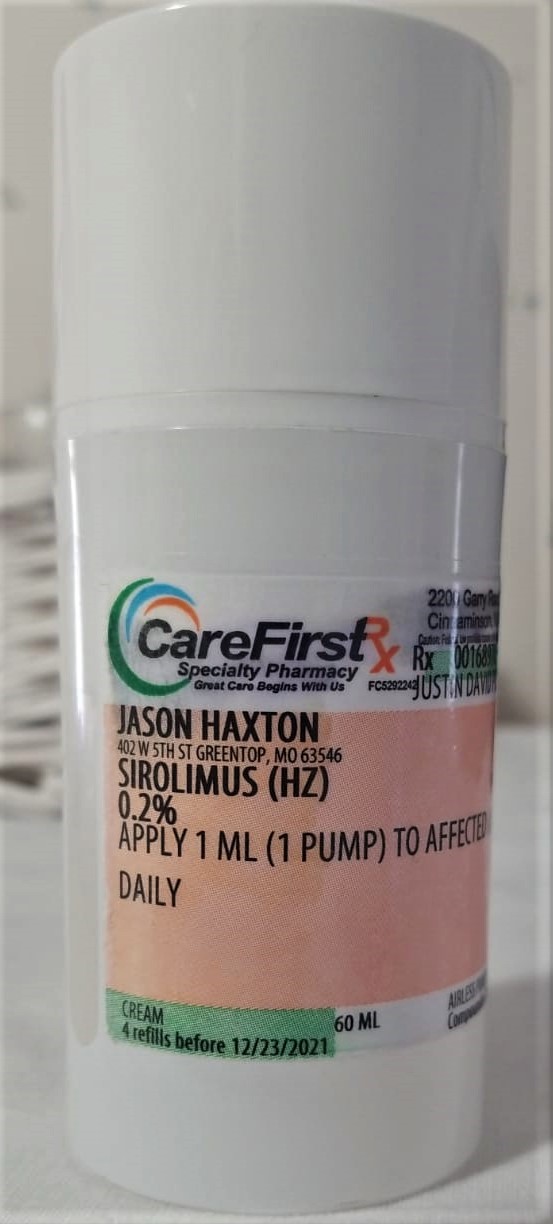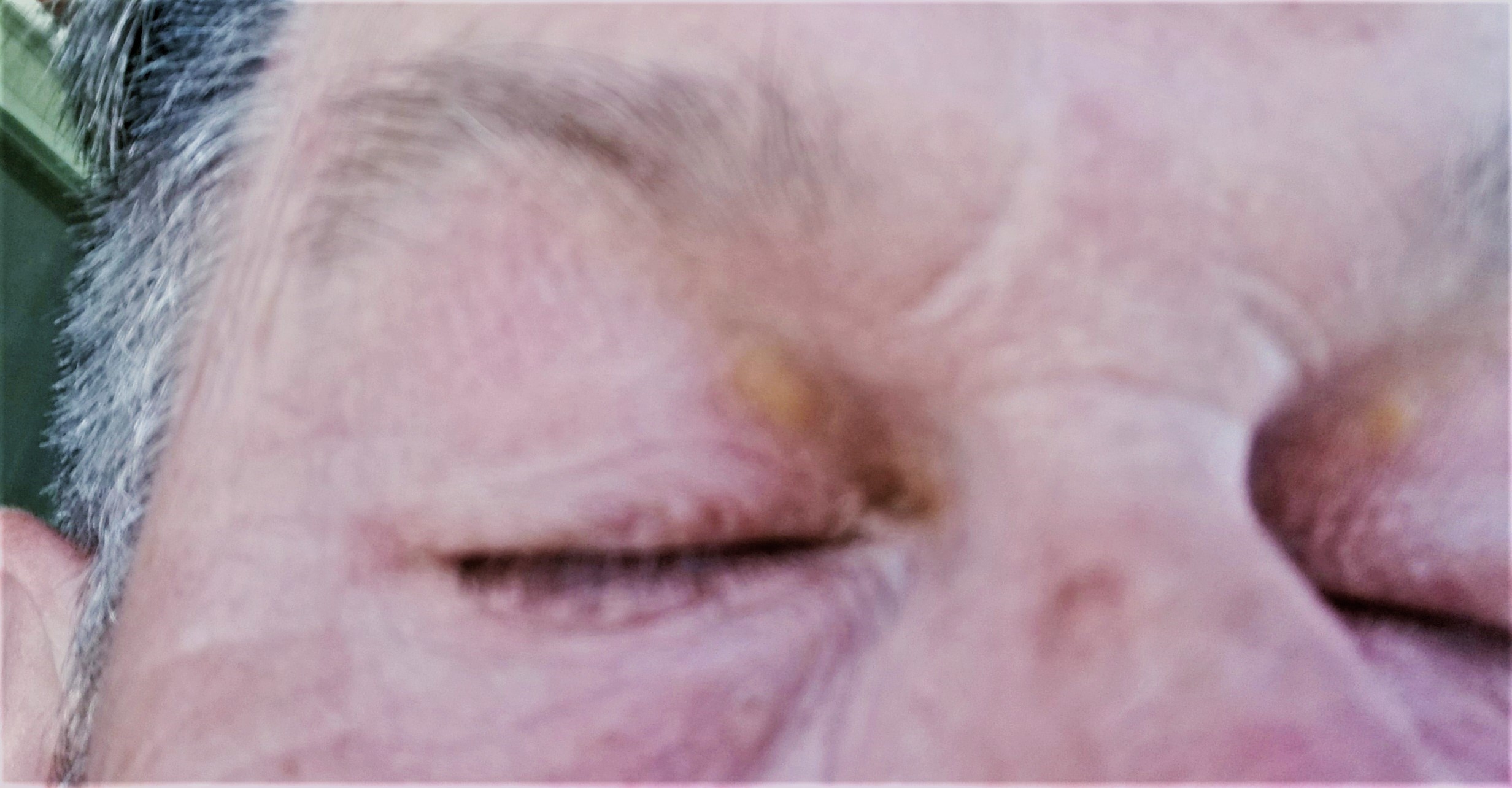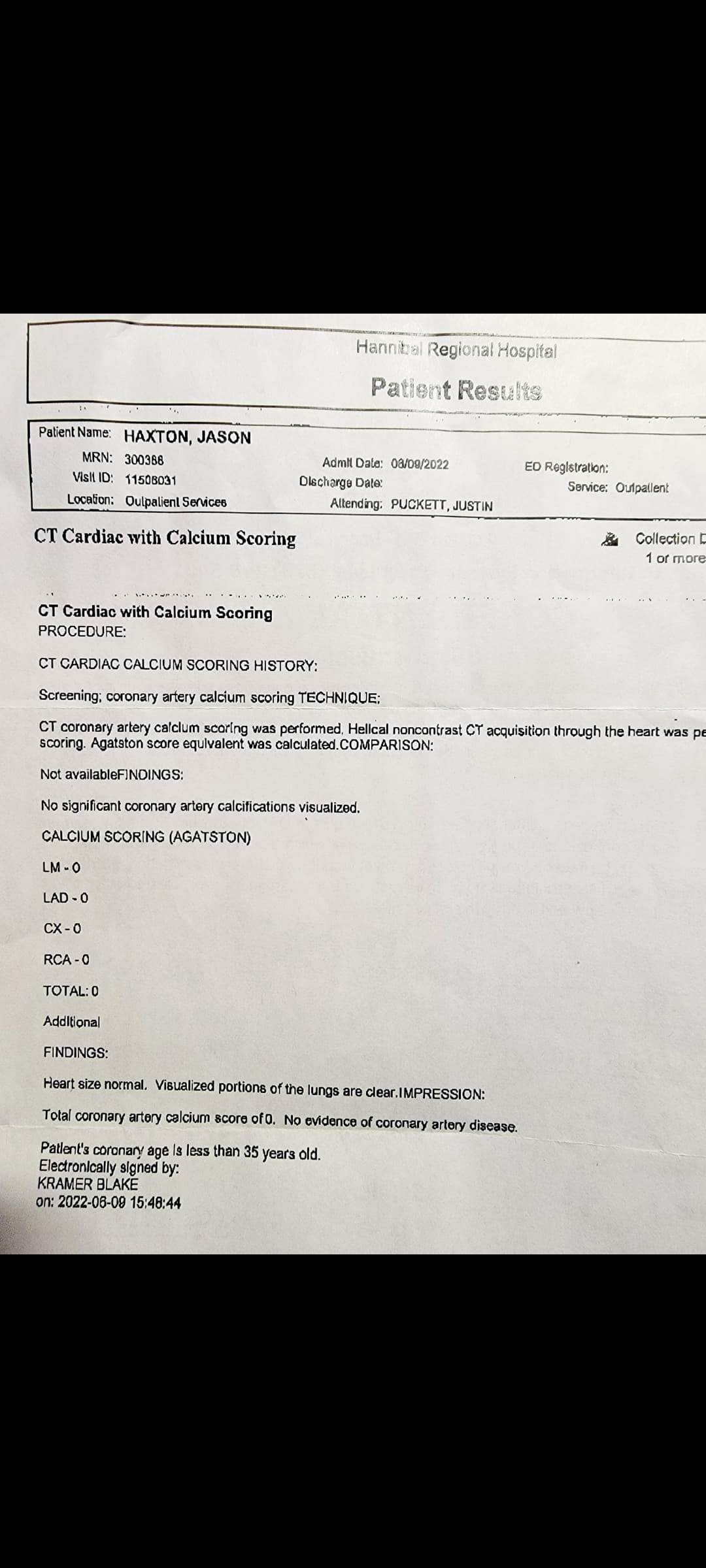Omg we’re all such picky nerds. Gotta love us though. (It was Groucho)
Interested in viewing some of the Dr. Stanford videos but wasn’t able to reliably Google these - do you have a link, to Dr. Stanford by chance? TIA
So if one eats a large portion of dietary requirements of animal proteins (ahem…nervous fidgeting) there are a few things which impact health/longevity. Can we offset these to at least even the odds?
o. High(er) methionine: which could could potentially be offset with glycine and NAC turning it into glutathione
o. High saturated fats: take PCSK9 inhibitor or statin if there is a causal impact for LDL? Are high saturated fats an issue?
o. I think i heard a Dr Gundry podcast last year (but from 2022) which said there is a sugar in animal protein which is very damaging to humans?
o. Now I additionally need to worry about luecine? How does one counter this? I do four-day water fasts every 1.5 months so will this drastically reduce this risk?
Is there any other evils of animal protein (with respect to health) that i’m missing? Can these be reduced with interventions.
(If you are going to suggest go vegetarian or vegan, please perhaps hold back for the sake of not becoming “tribal” on this forum: I was a vegetarian for two years and a vegan for three months and felt horrible and it did nothing for my health. I may be on a different journey than you and im not promoting my own individual dietary plans. But if you want to buy me an organic biodynamic beer and we can discuss it, i might accept.)
Eric wrote: Is there any other evils of animal protein (with respect to health) that i’m missing? Can these be reduced with interventions?"
My response is perhaps… link: Heart disease: Hair loss drug finasteride may help reduce risk
I have been on finasteride since I was 32 years old… about 33 years. My urologist says my prostate is amazing… no cancer… no ED issues … he has no concerns with me staying on it.
My Coronary Calcium Scan is zero… despite eating a heavy saturated fats diet for decades (steak 1 lb. and whole milk every other day ![]() post workout).
post workout).
On top of this I have high LDL-C due to familial hypercholesterolemia – is an inherited genetic condition that is present from birth (congenital) and causes high levels of low density lipoprotein (LDL), sometimes known as “bad cholesterol.” These high levels of LDL cholesterol occur due to a genetic mutation that prevents the body from removing LDL cholesterol from the blood. I had Xanthelasma yellow growths on or near the eyelids . They can be flat or slightly raised. They form when deposits of cholesterol (lipid or fat) build up under the skin. While xanthelasma themselves are not harmful, they can be a sign of heart disease.
My eyes 5 years ago before starting rapamycin. Notice the yellow circles in the corners - both sides. Lipid build up.
Today I have no lipid build up - yellow pads…

Coronary Calcium Scan results.
I know some have a very negative response to finasteride (almost as much as animal protein), but for me it is working retained hair, small prostate and no plaque despite high LDL-C.
Are you showing that your eyes are now open now that you’ve gotten healthy (and ripped)?
Hahaha! Maybe…
Actually rapamycin and TRT has improved my skin quality – oral and topical rapamycin, firmness (I use the prescription .2 % rapamycin lotion)

Blood flow… veins and vision - my overall health. I also think that rapamycin might have also cleared plaque and reduced atherosclerosis. There is some feeling about this from Matt K. and others. Need more reseearch.
I think we just need to find out how much protein the folks in the thread “70 is the new 30” eat. I want to be like them. ![]()
There are no real evils, but some things to consider that should prompt moderation, evaluating method of cooking and source of that meat.
-
A red meat-derived glycan promotes inflammation and cancer progression - PMC.
-
Grilling meats produces heterocyclic amines and polycyclic aromatic hydrocarbons.
-
Leucine and other BCAA are powerful activator of M-tor
-
Animals tend to concentrate toxins due persistent exposure. Adipose Tissue as a Site of Toxin Accumulation https://www.ncbi.nlm.nih.gov/pmc/articles/PMC6101675/
-
I am not fully convinced by this study but here it is: Twin research indicates that a vegan diet improves cardiovascular health | News Center | Stanford Medicine
-
Blue zone centerarians don’t eat lot of meat…
Averaging out meat consumption over all blue zones, we found that people were eating small amounts of meat, about two ounces or less at a time, about five times per month . About once a month they splurged, usually on roasted pig or goat. Neither beef nor turkey figures significantly into the average Blue Zones diet.
Personally I obtain about 150 gm of protein daily mainly from legume, grain, seeds, fermented dairy (grass fed or organic), few eggs a week, intermittent wild caught fish/shellfish and occasional meats (usually when travelling or eating out).
Agetron, if I may can I ask how much did that 60ml bottle of TRT cost you and how long does it last?
That container is not TRT cypionate… it is rapamycin/siriolimus skin lotion .2% It requires a prescription and is componded… costs $180. Lasts about 2 months. I use it on neck and face after showering in the morning. Been using 3 years… seems to work according to my dermatologist.
My TRT cypionate is free through insurance per my General Practioner GP prescription. I use 200 mg 1 ml vial by injection in thigh weekly with 1 pill of Anastrozole (prevent gynecomastia… man boobs).
Hope that helps.
OK, got it I thought you were using acronym TRT for Topical Rapamycin Treatment ![]()
I am somewhat disappointed with Stanfield’s response to this. The study in question focused not only on high protein diet, but also high leucine content diet. He countered this with a study of high plant protein diet, which is low in leucine, giving better health outcomes. He is completely ignoring the leucine; thus he’s comparing apples to oranges. It seems like the high protein is not the problem, but rather high leucine which ACTIVATES M-tor and that might be the problem. He should know better but maybe he is purposely misleading to save face. What we need is a high protein diet low BCAA vs high BCAA comparison.
I don’t think he is deliberately misleading but he has been banging the high protein drum for a while now and it is difficult to change entrenched opinions.
There are real concerns about high BCAA consumption and metabolic health but I’m not fully convinced leucine in the amounts most people eat it is a significant contributor to CVD.
New email from Brad Stanfield…
Debunking the High Protein Diet Panic
Recently, a headline from the New York Post caused quite a stir: “You might be eating an artery-damaging amount of protein, new study warns.”
This statement, based on a study in Nature Metabolism, set off alarms across social media platforms, including among my YouTube channel viewers, where I’ve shared my adherence to a high-protein diet.
Let’s dissect the facts to understand the real implications of this study.
The research began by referencing animal studies that associate high-protein diets with atherosclerosis development, potentially due to the overstimulation of a specific enzyme known as mTORC1.
The authors posited a human protein intake threshold that might trigger mTORC1 overactivation, leading to heart disease.
Their investigation unfolded across two experiments:
- Liquid Meal Test with 14 Participants: This test compared the effects of a 10% protein meal versus a 50% protein meal after an overnight fast.
- Real-Food Scenario Study: Mimicking everyday meals, this study used liquified real foods, contrasting a standard 15% protein meal against a high-protein meal containing 22%.
The findings confirmed that high-protein diets do indeed activate mTORC1, aligning with initial hypotheses, whereas lower protein intakes did not. They pinpointed that dietary protein intakes exceeding roughly 25g per meal (or ≥22% of energy requirement) activate mTOR signalling in monocytes/macrophages.
From these observations, the authors concluded that:
- mTORC1 overactivation in mice is linked to vascular blockages.
- High-protein meals activate mTORC1.
- Thus, high-protein diets may cause vascular blockages.
Why These Conclusions Are Misleading
The narrative spun by the study and subsequently by the media is misleading for several reasons.
We possess substantial real-world evidence contradicting the notion that high-protein diets harm cardiovascular health.
For instance, a 2023 meta-analysis encompassing 6 studies with 221,583 participants found no association between high-protein diets, cardiovascular disease, or strokes. Moreover, a 2020 BMJ meta-analysis indicated that higher protein intakes correlate with reduced all-cause mortality rates.
This existing, robust data overshadows the new study’s reliance on animal models and biomarkers for its conclusions.
In light of this, here’s my guidance to my patients:
- Engage in resistance training.
- Amplify the benefits of your workouts with a high-protein diet, targeting 1.6 grams per kg of body weight.
- View the new study with skepticism—it’s more sensationalism than science.
Yeah, let’s actually read the study… just the abstract.
Dietary intake of total, animal, and plant proteins and risk of all cause, cardiovascular, and cancer mortality: systematic review and dose-response meta-analysis of prospective cohort studies
Sina Naghshi 1 2, Omid Sadeghi 3, Walter C Willett 4 5, Ahmad Esmaillzadeh 6 7 8
Affiliations expand
- PMID: 32699048
- PMCID: PMC7374797
- DOI: 10.1136/bmj.m2412
Free PMC article
Abstract
Objective: To examine and quantify the potential dose-response relation between intake of total, animal, and plant protein and the risk of mortality from all causes, cardiovascular disease, and cancer.
Design: Systematic review and meta-analysis of prospective cohort studies.
Data sources: PubMed, Scopus, and ISI Web of Science until December 2019, and references of retrieved relevant articles.
Study selection: Prospective cohort studies that reported the risk estimates for all cause, cardiovascular, and cancer mortality in adults aged 18 or older.
Data synthesis: Random effects models were used to calculate pooled effect sizes and 95% confidence intervals for the highest versus lowest categories of protein intake and to incorporate variation between studies. Linear and non-linear dose-response analyses were done to evaluate the dose-response relations between protein intake and mortality.
Results: 32 prospective cohort studies were included in the systematic review and 31 in the meta-analysis. During the follow-up period of 3.5 to 32 years, 113 039 deaths (16 429 from cardiovascular disease and 22 303 from cancer) occurred among 715 128 participants. Intake of total protein was associated with a lower risk of all cause mortality (pooled effect size 0.94, 95% confidence interval 0.89 to 0.99, I2=58.4%, P<0.001). Intake of plant protein was significantly associated with a lower risk of all cause mortality (pooled effect size 0.92, 95% confidence interval 0.87 to 0.97, I2=57.5%, P=0.003) and cardiovascular disease mortality (pooled hazard ratio 0.88, 95% confidence interval 0.80 to 0.96, I2=63.7%, P=0.001), but not with cancer mortality. Intake of total and animal protein was not significantly associated with risk of cardiovascular disease and cancer mortality. A dose-response analysis showed a significant inverse dose-response association between intake of plant protein and all cause mortality (P=0.05 for non-linearity). An additional 3% energy from plant proteins a day was associated with a 5% lower risk of death from all causes.
Conclusions: Higher intake of total protein was associated with a lower risk of all cause mortality, and intake of plant protein was associated with a lower risk of all cause and cardiovascular disease mortality. Replacement of foods high in animal protein with plant protein sources could be associated with longevity.
![]()
For the record: I am not a vegan, I am mainly a pescetarian and bovine collagen user with occasional high quality animal meat.
I heard on a podcast discussing muscle and longevity that glycine supplementation could offset methionine in animal protein (but no impact on leucine, which is the focus of this thread). Here are some sources for what was said (but not from that specific reference):
Glycine may reduce homocysteine levels following high-protein meals ((Suppression of methionine-induced hyperhomocysteinemia by glycine and serine in rats - PubMed)).
After eating a high-protein meal — or taking methionine supplements — circulating homocysteine increases within hours. The level of increase depends on the dose (9Trusted Source).
However, this increase only occurs temporarily after meals and is perfectly normal. On the other hand, an increase in your base level of homocysteine is more of a concern.
To increase base levels of homocysteine, a high dose of pure methionine is needed. This dose has been estimated to be equivalent to about five times the normal daily intake of methionine, which is about 1 gram per day (6Trusted Source, 28Trusted Source, 29Trusted Source, 30Trusted Source).
Conversely, lower doses do not increase base levels of homocysteine ([(The effect of excess daily methionine intake on plasma homocysteine after a methionine loading test in humans - PubMed)).
Simply put, evidence is lacking to suggest that a diet high in muscle meat increases base levels of homocysteine in healthy people.
Though homocysteine is a product of methionine metabolism, dietary methionine intake is generally not the cause of elevated base homocysteine levels.
Muscle meat is relatively high in methionine, which can be turned into another amino acid: homocysteine.
Unlike methionine, homocysteine is not found in food. It’s formed in your body when dietary methionine is metabolized, mainly in your liver (5Trusted Source).
Excessive consumption of methionine may lead to elevated blood levels of homocysteine — especially if you’re deficient in certain nutrients, such as folate (6Trusted Source).
Homocysteine is highly reactive within your body. High intake of methionine from supplements or animal protein may have adverse effects on the function of blood vessels (9Trusted Source).
High blood levels of homocysteine have been associated with several chronic conditions, such as heart disease (7Trusted Source, 8Trusted Source).
However, evidence that elevated homocysteine, in itself, causes heart disease is weak.
In fact, studies show that reducing homocysteine levels with folate or other B vitamins after a heart attack does not decrease the frequency of recurrent events in the heart or circulatory system (10Trusted Source, 11Trusted Source, 12Trusted Source).
Additionally, other studies suggest that strategies to reduce homocysteine levels have little or no effects on heart disease events or your risk of death (13Trusted Source, 14Trusted Source).
Wow, I didn’t think about homocysteine. So not only animal has lots of leucine that causes M-tor activation but may raise homocysteine via methionine pathway.
Another reason to use more collagen and bone broth (glycine rich) but less meat. That’s definitely a big part of my diet approach.
Since homocysteine levels are easily checked by a blood test, maybe test to see if one has concerningly high levels before altering one’s diet? Most meat is such a rich source of nutrition that to tell people to eat less of it may be doing them a disservice.
I am not giving anyone any recommendations here. One definitely has to understand and dial in their nutrition before making major changes, especially with something like a vegan diet. With a proper pescetarian diet, I am not really missing out on much and according to the studies actually may be better off.



